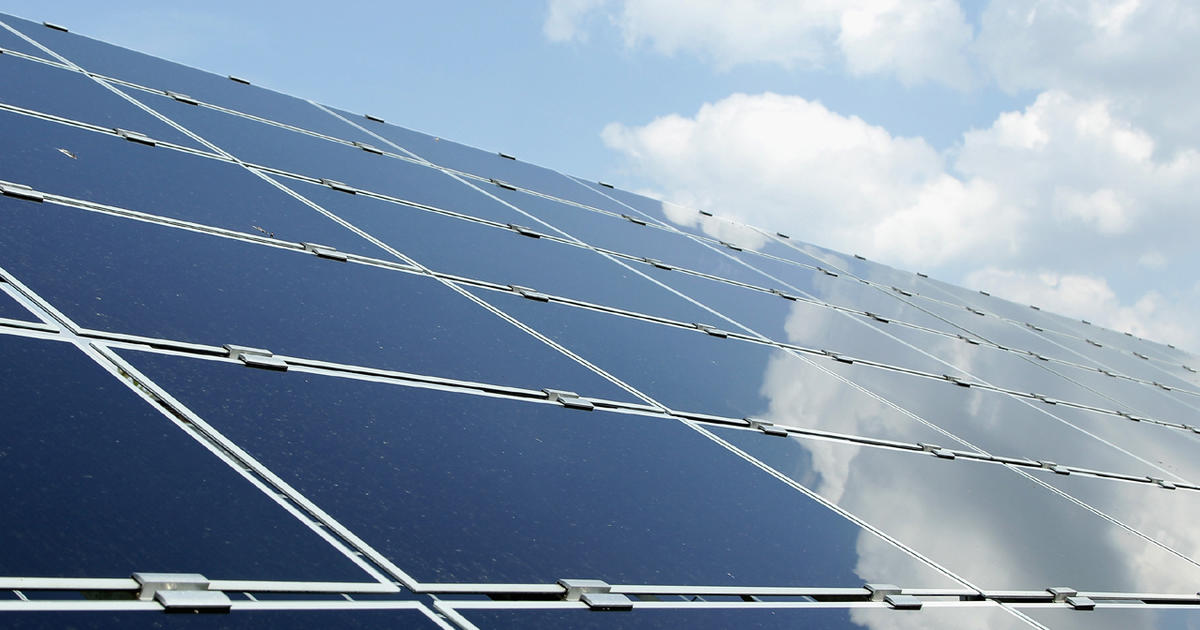Researchers Examining Possible Positive Effects Of Exercise In Cancer Patients
PITTSBURGH (KDKA) - This year in Pennsylvania, more than 83,000 people will be diagnosed with cancer.
Nationwide the number grows to more than a million.
Those numbers from the American Cancer Society are sobering, but cancer is not always a death sentence anymore.
As of 2014, there were nearly 15 million cancer survivors in America.
Now, researchers are looking into whether something as simple as exercise could help save even more lives.
"When I got the diagnosis, I made the conscious decision that I was not going to let that take over my life," Susan Stanley said.
Stanley regularly exercised before and during her breast cancer diagnosis and treatment.
She was walking and running 15 miles a week when she started her chemo. But, eventually she couldn't keep up.
"I could do 15 minutes at a time, walking at like 1.2 miles per hour. Whereas before, I was walking at 3.6 miles per hour," she said.
She's had bilateral mastectomies and finished chemotherapy. She's slowly increased her exercise, which she believes has made a big difference in her recovery.
"Yes. I'm getting back there. I'm not all the way, but it's pretty good. I feel better than I have in a long time," she said.
Her experience is not unique.
Observational studies have found people who are regularly active are less tired and have a better quality of life. Other studies show a 30 to 50 percent reduction in breast and colon cancer.
This has led doctors to look at whether exercise could be a weapon against cancer.
Doctors at Sloan Kettering are researching this possibility.
"We're trying to approach the development and testing of exercise just like you would a new drug. It just so happens this drug is called exercise," Sloan Kettering Dr. Lee Jones said.
No randomized, controlled trials have guided what dose of exercise.
That is Dr. Jones' ultimate goal.
He is an exercise oncologist with a number of ongoing studies examining exercise in different stages of cancer. For example, one study compares rigorous activity with a stretching program to see if outcomes are different for people with malignancies.
But, currently he's focused on whether it's safe and tolerable in women with advanced breast cancer.
Kristen Bouderau, 50, was diagnosed 10 years ago. The cancer has now spread to her bones and liver.
Hoping to survive a little longer, she's participating in the study with her 12-year-old daughter in mind.
"She's everything I work for and everything I do in my day," Bouderau said. "I want her to be strong and smart and I want to show her those things, even though I'm not well."
As a practical matter, a local oncologist says it can be a tough sell.
"I have had a few patients who have kept up with their rigorous exercise program on chemotherapy. But, they are definitely the minority," West Penn Hospital's Dr. Casey Moffa said. "If you're not feeling well, if you have even low blood counts, it's not something you're going to say, 'Oh, I'm going to get up and go for a jog today.'"
Even so, she hopes the studies show some effect.
"I would love to see that it does show benefit, because we would always in the cancer world love to see more things show benefit," Dr. Moffa said.
At West Penn Hospital, Dr. Thomas Krivak has a study along the same lines. Once ovarian cancer patients are in remission, he wants to see if weekly phone calls, food diaries, and counseling on diet and exercise prolong the period of time with no evidence of cancer on exam, scans, or blood tests.
"Most cancer patients, and really ovarian cancer patients, seem to be very motivated about wanting to have a good quality of life, and wanting to stay in remission," Dr. Krivak said.
He admits, local recruitment has been tough.
"The downside is that it is a lot of paperwork. You do have to have body measurements, height, weight, so it does require extra work, extra time, extra paperwork, because it is a research study," he said.
There are still a lot of unknowns about exercise and cancer -- how much is needed? Does it depend on the type of cancer? And then what is happening in the body, at the cell level, to account for any benefit.
As with any research, the information comes one step at a time.
Join The Conversation On The KDKA Facebook Page
Stay Up To Date, Follow KDKA On Twitter



